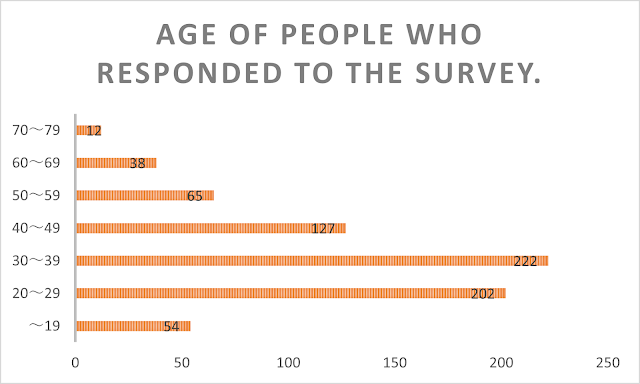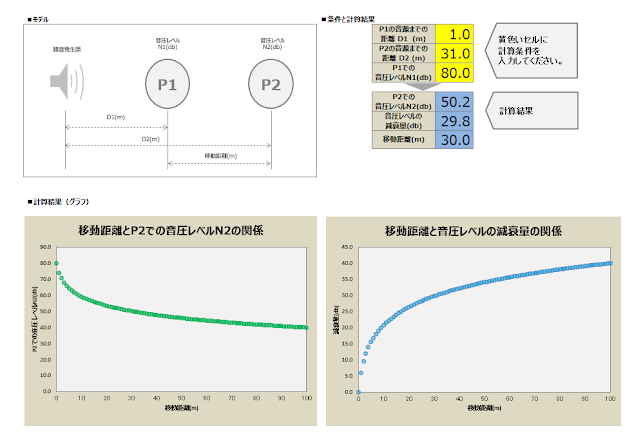Q. What are the governmental responses to the children's noise issues in Japan?
Q. What are the governmental responses to the noise issues made by children or educational facilities in Japan? Do we have a law related to the issue?
As you know, Japan is one of the countries which
has an abrupt declining birthrate and an aging population. Due to this
condition, Japanese government constantly has meetings to discuss how to improve
child’s living environment. In this part of the blog, we would like to think
about the issue from a political perspective.
In April
2023, Cabinet Office held Children's Future Strategic Council (子供未来戦略会議-Kodomo Mirai Senryaku Kaigi) for the second time. This is a setting
to discuss policies and their financial resources to realize the improvement of
the birthrate. This time, the need for a law that says” children's voices are
not noise" was the topic of discussion. As an example, it was mentioned
that Germany revised a law in 2011, and the new law states that children's
voices are not noise that affects the environment. In Germany, since the 1970s,
residents in the neighborhood have been filing lawsuits against noise from
child day care facilities, demanding compensation for mental and physical damages.
And finally, in 2005, an example of a court decision leading to the abolition
of the facility became a controversial issue in society. In Japan, there have
been also cases where plans to build parks and daycare centers have faced
difficulties due to concerning of neighborhood residents about the noise of
children. Prime Minister Kishida, in his response, expressed his agreement to
the law, saying, "We must share an awareness of the problem and change our
minds about the children's noise issues.”
On
the other hand, Tokyo Metropolitan Government has already established an ordinance
with the content mentioned above several years ago.
In March 2015, the Tokyo Metropolitan Council adopted a proposal to
exclude "children's voices" from the numerical regulations of the
Tokyo Metropolitan Noise Ordinance. It means that if there is a legal case
regarding the voices of children and the adults supervising them, various factors
are generally considered, but especially the "level of damage" and
the "response of the accused" are more important than the specific
volume of the noise.


Comments
Post a Comment